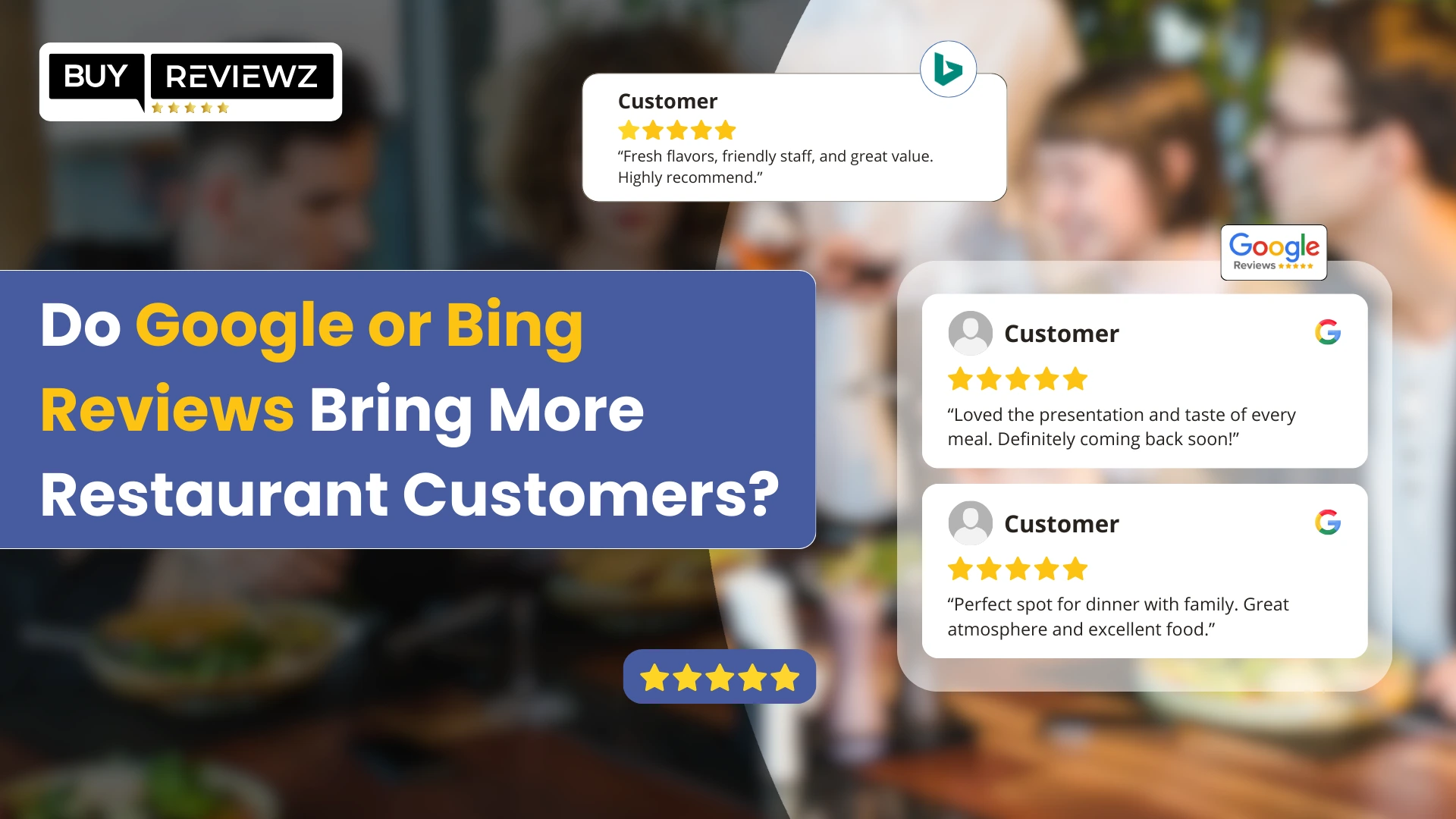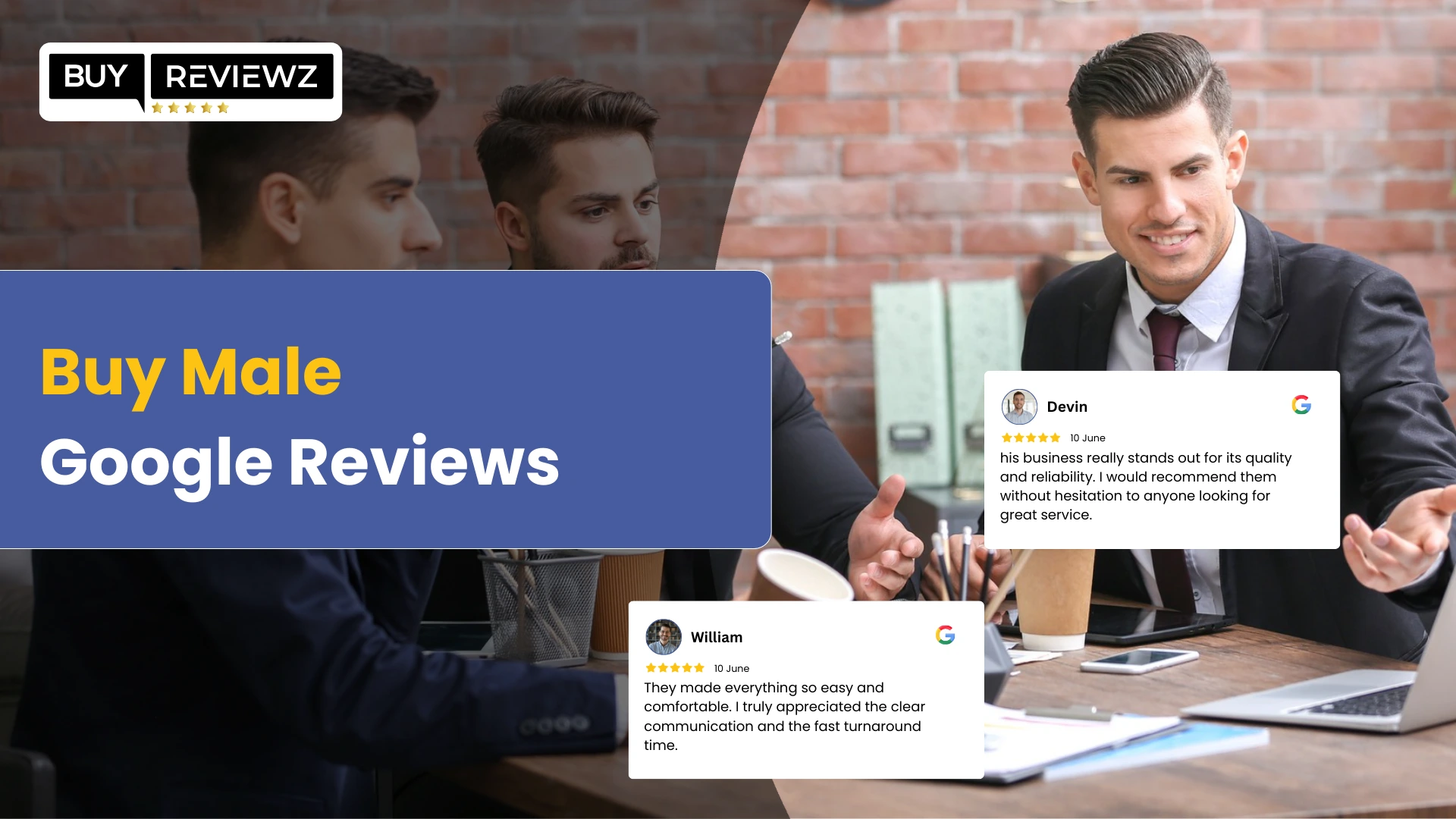Have you ever wondered if there's a hidden market behind these negative reviews? The answer is yes. The reason is simple: negative Google reviews can pack a powerful punch into a business’s online reputation. And a big chunk of negative reviews come from rival companies which can shake conversions. But why would they do so?
Positive reviews may feel like a triumph, while negative ones might leave you questioning your online or offline venture. However, before you let bad reviews dampen your spirits, let's explore a curious question: Is There a Market for Writing Bad Reviews About Rival Products?
In this blog, we'll also understand all about bad reviews on Google and why they exist. Let's uncover the truth behind negative reviews on Google and their impact on businesses.
Is There a Market for Writing Bad Reviews About Rival Products?
Yes, there is a market for writing bad reviews about rival products. It operates through various channels. One common avenue is through Google My Business reviews. Here, individuals or groups leverage the platform to leave negative feedback about competitors' offerings.
This tactic aims to undermine the reputation of rival businesses. It can often tarnish their presence, with unfair reviews visible to potential customers.
Another method of leaving intentional bad reviews involves posting through anonymous accounts on several review platforms. By creating fake identities, offenders can conceal their true intentions. They can spread unfair reviews about competing products. These anonymous accounts serve as vehicles for spreading negative feedback. It contributes to the multiplicity of bad reviews on Google and other platforms.
Reasons Why There is a Market for Writing Negative Reviews for Competitors
Due to the vast competition, there is a huge market for negative reviews. There are several reasons why there is a market for writing negative reviews for competitors:
1. Competitive Advantage
Businesses can write bad reviews about rival products to gain a competitive advantage. By pointing out flaws in competitors' products, they hope to improve their offerings.
2. Marketing Strategy
Some businesses choose to write negative reviews about their competitors as part of their marketing strategy. They deliberately write them to make their own look better. It's like saying, "Look, our product is better than theirs!" This tactic allows companies to try to get ahead of their rivals.
3. Online Reputation Management
Some businesses use negative reviews to protect their reputation online. They use both positive and negative news to look genuine on the web and attract more customers.
The Impact of Negative Reviews on Your Business
Negative reviews on Google can have diverse effects on your business and its growth. Here are a few impacts of negative reviews:
1. Influence on Consumer Decision-Making
75% of customers often check online reviews while buying something. They want to see what previous customers have experienced. Having a good volume of negative reviews will assure them that your other positive reviews are not fake.
2. Rebuilding the Brand Reputation
Responding to bad reviews with empathy provides opportunities for growth and rebuilding trust with consumers. By acknowledging their feedback and promising a commitment to customer satisfaction, brands can emerge stronger and more resilient in the long run.
3. Promotes trust in the Buyers
If you see any product or service with only good reviews, you might wonder how many of those good reviews are real. Therefore, having some bad reviews is necessary. 95% of consumers consider positive reviews fake when they see everything looks good. They know one thing: all that glitters is not gold.
How to Address Negative Reviews by Competitors to build an Online Reputation?
Dealing with negative reviews from competitors can be tough, but there are smart ways to handle them and build your online reputation:
-
Assess the Validity of Bad Reviews
First, take a close look at the negative reviews. Are they genuine complaints from real customers, or do they seem suspicious? Look for signs of fake reviews, like similar wording or many reviews posted by new accounts.
-
Reply in a Professional Manner
When you respond to negative reviews, you need to stay calm and professional. Thank the customer for their time and feedback. Let them know you take their concerns seriously. You should also state that you are committed to making things right. This action shows that you value customer feedback and are willing to listen.
-
Fact-Check and Provide Evidence
Check if the negative review contains false information. Additionally, give explanations to show why the review is wrong. This helps to reassure other customers who may be reading the review.
-
Consider Legal Options
If a review contains false statements that harm the brand's reputation, legal action may be necessary to protect your brand's integrity. Taking legal action against defamatory reviews will send a message to customers that the brand takes its reputation seriously.
Remember: Taking legal action should be considered only when there are no alternative options available.
Final Thoughts
It can be difficult to handle unfavorable comments left by rivals. However, you can manage them wisely to enhance your internet reputation. Carefully check if the bad reviews are genuine or fake.
Even if the review is unfair, you should acknowledge the customer's feelings. Show that you're committed to fixing the issue. You need to focus on building your customer trust. Be transparent and show that you value their feedback reviews. You can overcome negative reviews and strengthen your online reputation.
FAQs
1. Can competitors write fake reviews?
Yes, competitors can often write fake reviews. They may try to defame rivals or boost their reputation. So, make sure to check every review mentioned about your brand.
2. What should I do if I receive bad Google reviews from a competitor?
Do not panic if you receive bad Google reviews from a competitor. Assess the validity of the reviews and respond in a professional manner. Address the concerns raised and consider flagging suspicious reviews for Google's review.
3. How to know the difference between a review from a competitor and an actual customer?
It can be difficult to distinguish between real and fraudulent customer reviews. If you want to check whether a competitor or an actual customer writes a review, look for signs of authenticity and whether the things mentioned in the review are related to your brand’s products or services.
4. Is it ethical to respond to negative Google reviews from competitors?
Yes, it is totally ethical to respond to negative Google reviews from your competitors. It's essential to address customer feedback, regardless of its source. Responding to reviews allows you to clarify misunderstandings.
5. How to minimize the impact of unfair Google reviews from competitors on my business?
When you respond to negative reviews, you can minimize the impact of these unfair Google reviews from competitors on your business. You can also provide evidence to refute false claims. Another way is to encourage satisfied customers to leave positive reviews and maintain transparency in your interactions.







 15 Most Popular Dropshipping Products For Halloween In 2024
15 Most Popular Dropshipping Products For Halloween In 2024
 Top 25 Halloween Dropshipping Products To Sell In 2024
Top 25 Halloween Dropshipping Products To Sell In 2024